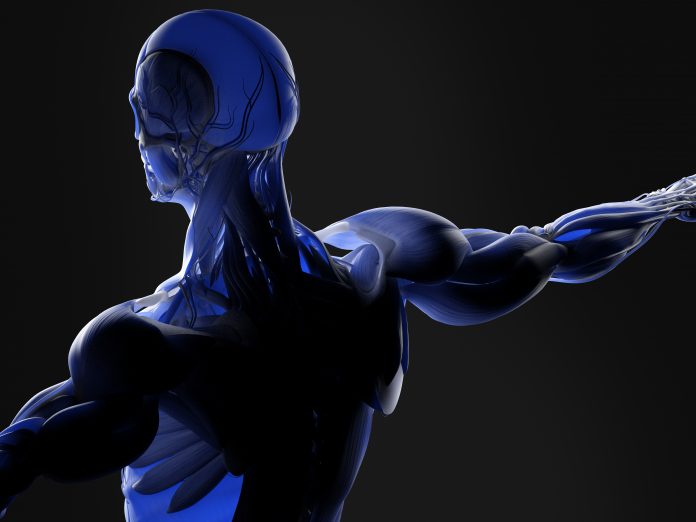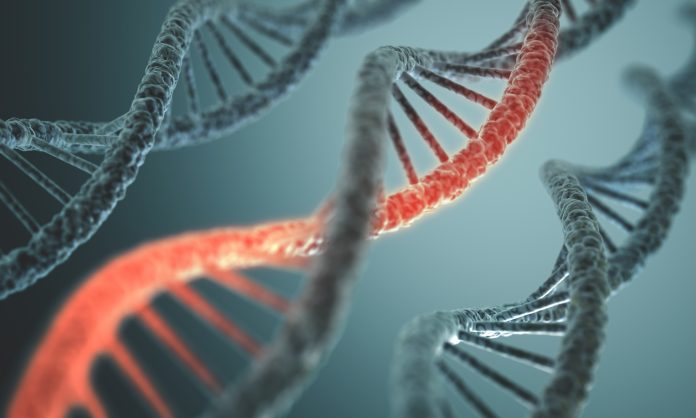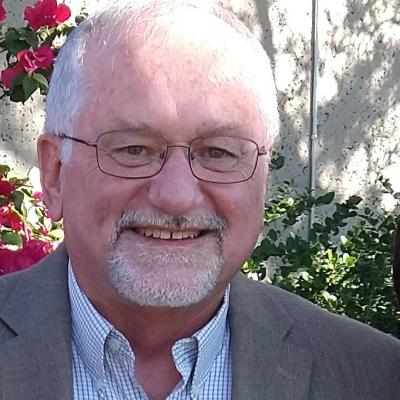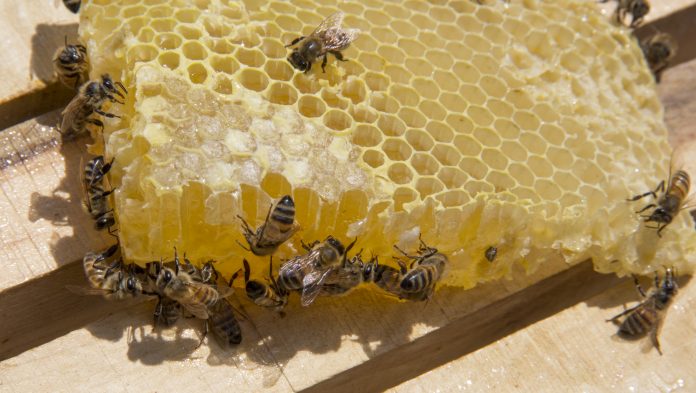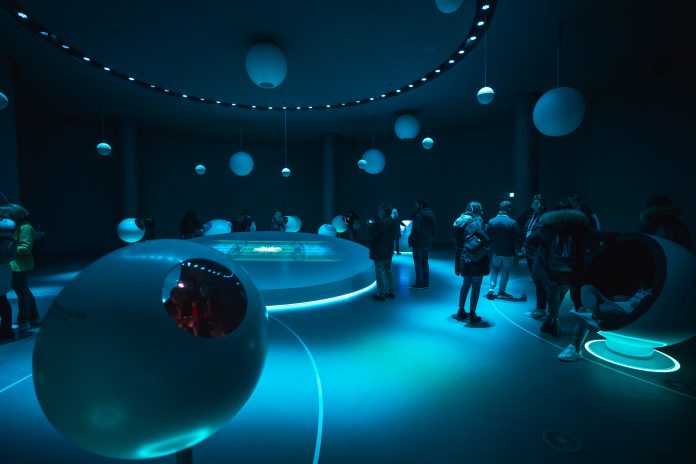Open Access Government produces compelling and informative news, publications, eBooks, and academic research articles for the public and private sector looking at health, diseases & conditions, workplace, research & innovation, digital transformation, government policy, environment, agriculture, energy, transport and more.
Home Search
lead - search results
If you're not happy with the results, please do another search
Exchangeable Liquid Crystal Elastomers: the way towards soft reversible actuators
Liquid Crystal Elastomers (LCE) have been invented over 30 years ago, and ever since were considered a highly promising material system for soft actuators and artificial muscles.
Integration & Acculturation: Different identities in the multicultural Roman Empire
Dr Felix K Maier, Professor for Ancient History at University of Zurich, analyzes intercultural dynamics in the Roman Empire.
Optimal Leisure Lifestyle: What we need to know
Robert A. Stebbins, Professor Emeritus at the University of Calgary, Canada, tells us what an optimal leisure lifestyle consists of, including finding balance in everyday living.
What are the possibilities of DNA and RNA sequences?
Serge L. Beaucage, Supervisory Research Chemist at the Food and Drug Administration discusses his work with DNA and RNA sequences and the groundbreaking impact this technique could have.
Letting go of legacy IT strategies for digital citizens
Jo Feldman, Chief Commercial Officer at UBDS, walks us through letting go of legacy IT strategies for digital citizens.
Peter C. Hill – Biola University
Peter C. Hill, Ph.D., is Director of the Office of Academic Research and Grants Professor of Psychology at Rosemead School of Psychology, Biola University, in La Mirada, CA.
His research interests focus on positive psychological virtues such as humility, gratitude, and forgiveness; religious fundamentalism; and religious/spiritual measurement. He has received...
Cracking the cognitive effects of Long COVID
CEO of ViewMind Inc, Mark Edwards, discusses the cognitive effects of Long COVID, aiming to understand the science behind brain fog and other COVID symptoms.
Diabetes education to protect tomorrow
Prof Andrew Boulton, President, International Diabetes Federation, calls for more to be done to improve access to diabetes education.
Iran protests the brutality of the ‘morality police’ over headscarf rules
The death of 22-year-old Mahsa Amini has influenced mass protests across Iran, after being killed by morality police due to headscarf rules.
How do we turn the bold ambition of a net-zero NHS into reality?
Cameron Hawkins, Head of Energy and Environment at NHS Property Services (NHSPS), provides an update on a net-zero NHS and explores how we turn this bold ambition into reality.
Peripheral neuropathy: Tracking gait and biomarkers to keep feet healthy and whole
Novel smart insole solution helps people with diabetes ensure foot health, by preventing peripheral neuropathy ulcers and falls.
Where to look for future jobs?
Claus Rosenstand, Digital Hub Denmark Professor looks towards jobs arising in the digital age
We don't know exactly what the jobs of the future will look like. But we know where to look for them. Namely, in digital tech start- and scaleups.
In the transition from the hunter-gather age to the...
Academic Articles
Academic ArticlesWe work with leading organisations to deliver informative content from a wide range of themes such as energy, environment, health, agriculture, social sciences and technology plus more.
Filter Articles
You can filter the articles by category and/or tag to find specific content.
Healing benefits of honey offers alternative to antimicrobial drugs
According to researchers, the healing benefits of honey are so promising that the sweet substance may replace antimicrobial drugs.
Preventing fraud in Liz Truss’ energy price freeze
Colin Gray discusses how to limit fraudulent activity and safeguard citizens amidst Liz Truss' energy price freeze.
Time to stop passing the buck on plastic waste
Plastic waste and single-use plastic is a significant environmental, climate, and global health challenge – and it only seems to be getting worse.
Why the European scientific ecosystem must recognise smaller research infrastructures
If supported, small- and medium-sized research infrastructures have the potential to boost the resilience of European society.
How heat pump technology can help to decarbonise the NHS
Jason Speedy, chief operations officer at leading heating solutions manufacturer Groupe Atlantic, outlines the importance of decarbonising the NHS, and how heat pump technology can support its net zero journey.
Digital records management: what does it mean for local government?
Steve Russell provides an invaluable insight into the benefits and challenges of digitised local government processes such as digital records management.
Did the stressful events of 2020 hinder social development?
The social development of young people was effected by the COVID-19 pandemic, the murder of George Floyd, and more global events.

